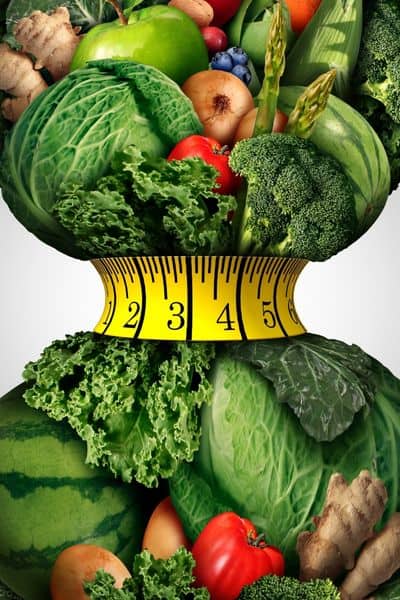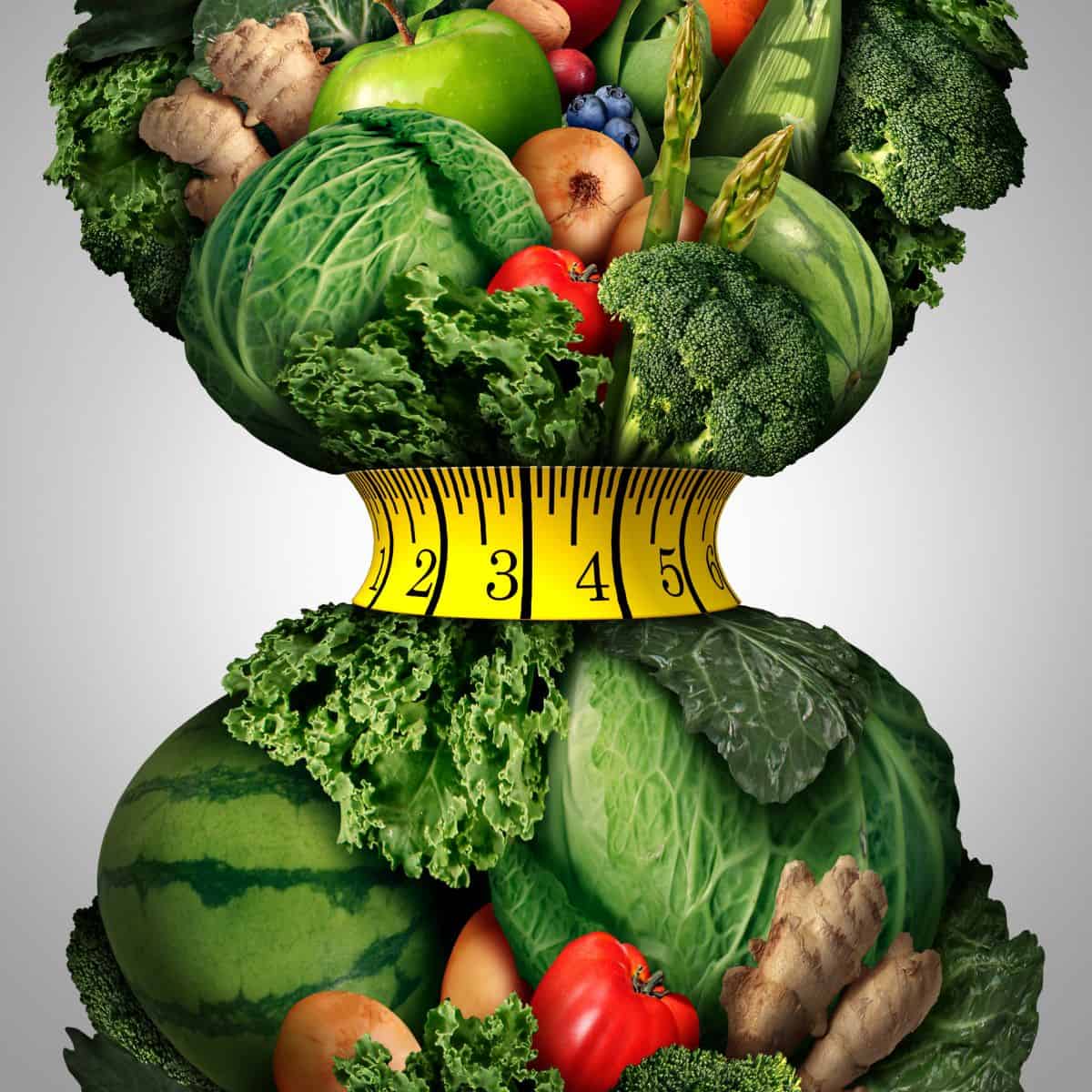PLANT-BASED DIET FOR WEIGHT LOSS
A plant-based diet is one that focuses on vegetables, fruits, whole grains, and legumes as the main sources of nutrients, with animal products playing a secondary role.
Many people adopt a plant-based diet for health reasons, but it can also be an effective way to lose weight.
If you’re thinking of going plant-based for weight loss, here’s what you need to know to do it right!

Many people are turning to a plant-based diet for weight loss, as research has shown that this way of eating can lead to significant and sustainable weight loss.
A plant-based diet focuses on whole, unprocessed plant foods such as vegetables, fruits, legumes, whole grains, nuts, and seeds.
This type of diet is naturally low in calories and high in fiber, which can help to promote weight loss and prevent unwanted weight gain.
Additionally, plant-based foods are often rich in essential vitamins and minerals, helping to keep the body nourished while on a calorie-restricted diet.
Some tips for following a successful plant-based diet for weight loss include filling at least half of your plate with vegetables at meals, experimenting with new plant-based recipes, and incorporating healthy plant-based fats such as avocado or nuts into your diet.
It is also important to be mindful of potential pitfalls of a plant-based diet, such as relying too heavily on processed vegan foods or not getting enough protein.
By carefully planning and balancing your meals, a plant-based diet can be an effective and satisfying way to reach your weight loss goals.

Foods to eat on a plant-based diet for weight loss
Foods to eat on a plant-based diet include leafy greens, vegetables, fruits, whole grains, beans, lentils, nuts, and seeds.
Foods to avoid or limit include highly processed vegan foods, refined carbohydrates and sugars, and high-fat plant foods such as coconut oil and avocado.
Tips:
1. Make sure you’re getting enough protein
One of the biggest concerns people have when switching to a plant-based diet is whether or not they’ll be able to get enough protein. After all, protein is essential for building muscle and shedding fat.
However, it is possible to get enough protein on a plant-based diet—you just need to be intentional about it.
Make sure to include protein-rich foods like beans, lentils, nuts, and tofu in your diet, and supplement with a plant-based protein powder if needed.
2. Eat lots of veggies and whole grains
Vegetables and whole grains are packed with fiber, which is essential for good digestion and weight loss.
Aim to fill at least half of your plate with vegetables at every meal, and make sure that the majority of your carbs come from whole grains like quinoa, brown rice, and oats.
3. Limit processed foods and added sugars
Even if you’re following a plant-based diet, you can still overeat and sabotage your weight loss efforts if you eat too many processed foods and added sugars.
When possible, cook meals from scratch using whole food ingredients.
And when you do indulge in processed foods or sweets, do so in moderation.
My Take on a Plant-Based Diet for Weightloss
A plant-based diet can be an effective way to lose weight—but only if it’s done right!
Make sure you’re getting enough protein by including beans, lentils, nuts, and tofu in your diet; eat plenty of veggies and whole grains; and limit processed foods and added sugars.
By following these tips, you’ll be well on your way to success!
